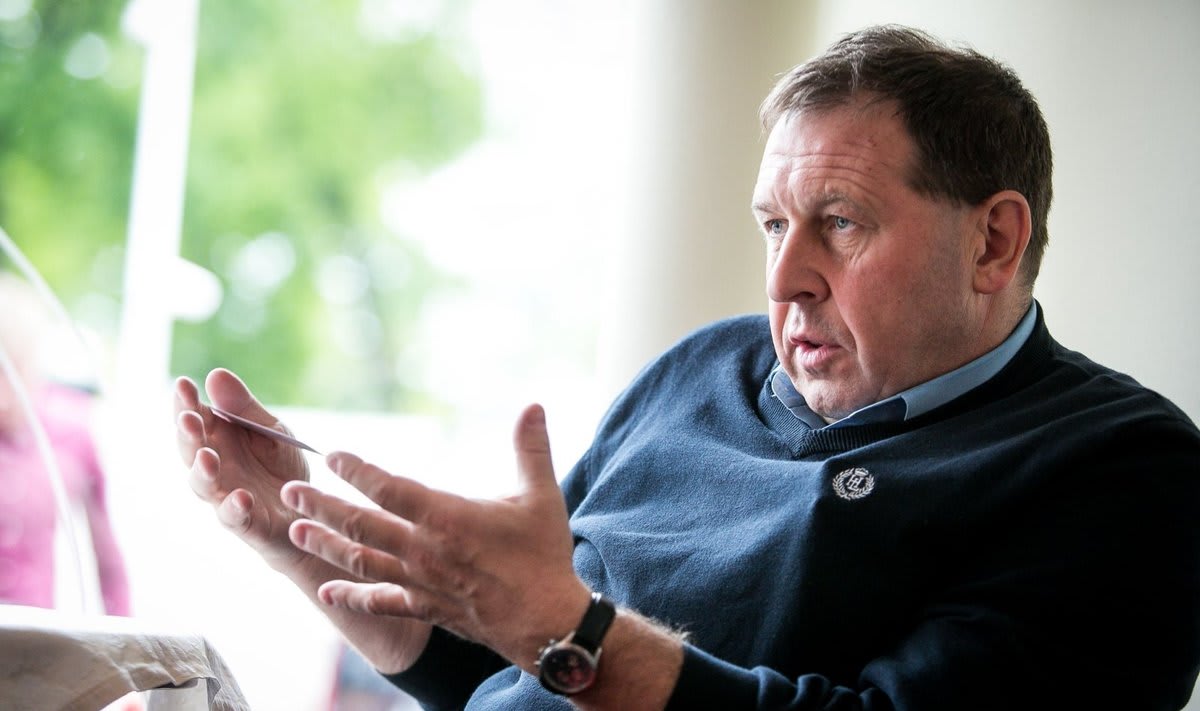Andrei Illarionov, once a key architect of Russia’s economic policy, has become one of the Kremlin’s most vocal critics. Born in 1961 in Sestroretsk, he trained as an economist at Leningrad State University before rising to prominence in the 1990s as an advocate for free-market reforms.
In 2000, Illarionov was appointed chief economic adviser to President Vladimir Putin, helping to craft policies that spurred rapid economic growth. But as the Kremlin tightened its grip on business and politics, he became increasingly disillusioned. He openly condemned the state’s expropriation of oil giant Yukos and warned against growing authoritarianism. By 2005, his differences with Putin were irreconcilable, and he resigned.
Since then, Illarionov has been a relentless critic of the Russian government, denouncing its domestic crackdowns and military interventions in Georgia and Ukraine. Based in Washington, D.C., for years, he worked as a senior fellow at the Cato Institute, analyzing Russia’s economic and geopolitical moves.
Outspoken and unapologetic, Illarionov remains a key voice in debates about Russia’s future. His warnings about state overreach, corruption, and aggression continue to resonate with policymakers and analysts worldwide.
Why did we invite him on?
While it was we who extended the invitation, it was Andrei who initially got in touch. In his mind, Western media is approaching the Russia-Ukraine conversation all wrong; certain subjects are being examined poorly, while other crucial aspects of the conflict are going wholly unchecked. Andrei wanted an opportunity to set the record straight, and we were honoured to give him the means. This is that conversation.
What did we talk about?
Once a Kremlin insider, Andrei has been one of the fiercest critics of Russia’s invasion of Ukraine, calling it a colossal blunder driven by Vladimir Putin’s imperial ambitions—a war not just against Ukraine but against global stability. Putin badly miscalculated: he underestimated Ukraine’s resistance, the West’s response, and the cracks in Russia’s own military and economy. Yet, despite Russia’s battlefield struggles, he warns that the war won’t end as long as Putin remains in power.
Which brings us to the subject of the West’s responsibility. Andrei has decried Western leaders for being too slow and cautious, urging them to ramp up military aid to Ukraine, tighten sanctions, and support Russian opposition forces. In Illarionov’s view, only a Ukrainian victory and a change of power in Moscow can prevent future aggression.
His message is clear: Russia’s war is a disaster—but unless Putin is stopped, the threat to Ukraine and Europe isn’t over.
But that’s not really what this conversation is about. We wanted to explore the myths and falsehoods spread by Western media, particularly on the American right, who Andrei warns have swallowed Putin propaganda, whether they know it or not. This, he warns, is a form of suicide.
”Putin has never hid that his goal is the destruction of Western civilisation … The whole system of the current Russian government is working to destroy Western civilisation, NATO, Europe, and the United States.”
In Konstantin’s words, “it’s quite a claim.” Has Putin ever said he wants to destroy the West? Andrei explains that the Russian leader’s aim is not to raze America and Europe to the ground, but to shatter their cultural influence, weakening them by proxy.
”Putin’s goal, along with friend and colleague Xi [Jinping] … is to establish a ‘World Majority’ against the West … against the decadent West. This is the noble mission of current Russia and the current Russian regime … to make it possible that the West is outnumbered.”
That’s still a hell of a task, so how does Putin hope to achieve it?




